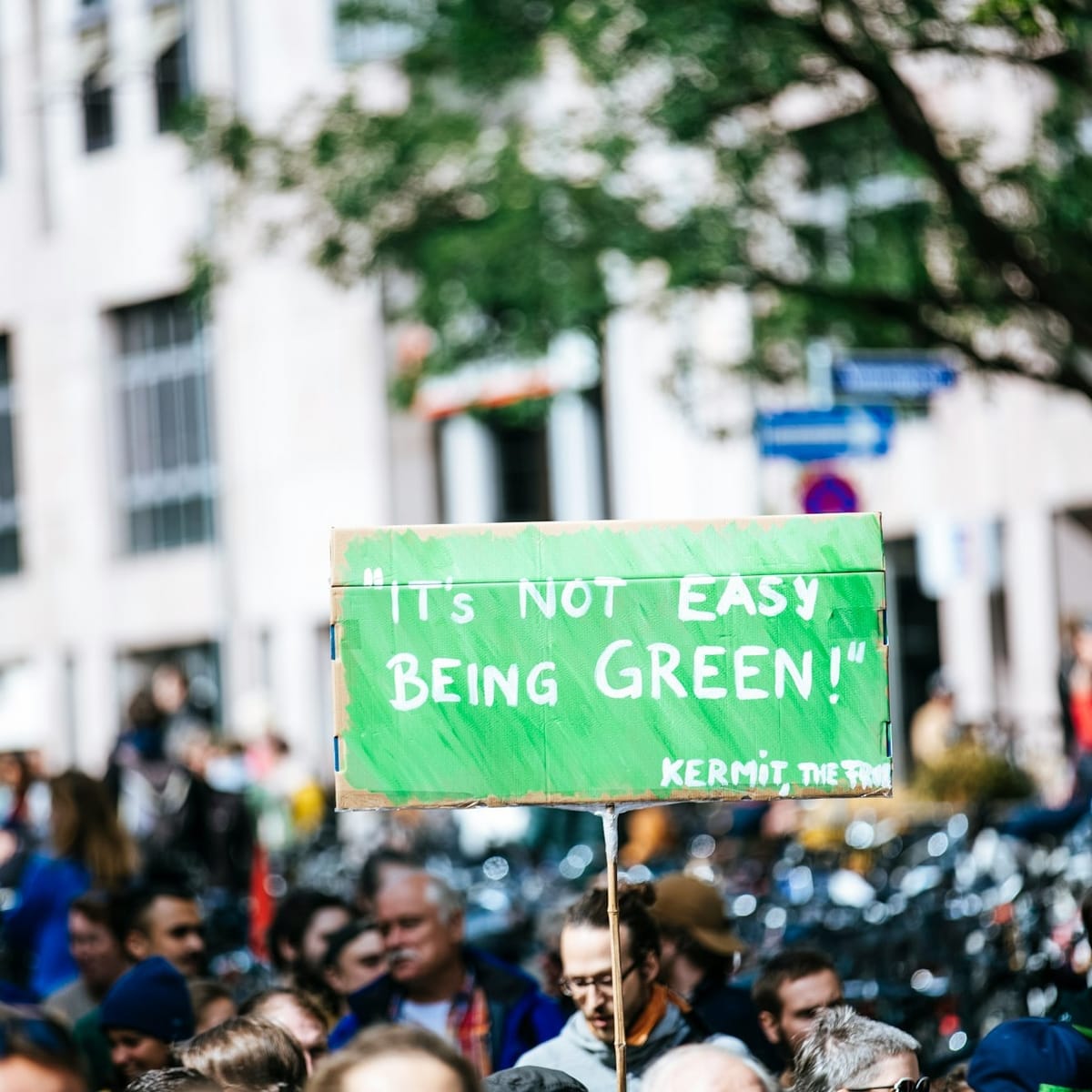‘Whatever it takes’ to limit climate change
Quite a telling survey by Potential Energy, “a global nonprofit marketing firm creating public demand for climate solutions,” they found that 78% of people around the world agree that it is essential to do “whatever it takes” to limit the effects of climate change.

Quite a telling survey by Potential Energy, “a global nonprofit marketing firm creating public demand for climate solutions,” they found that 78% of people around the world agree that it is essential to do “whatever it takes” to limit the effects of climate change. The message that resonated with people is “Later is too late,” and found that people blame the government and businesses for climate change, not individuals.
There are some hard decisions ahead for humanity and we won’t always be able to tell people what they want to hear, but the survey (at least what’s shared in the article linked above) shows that at least people do want to do something and that in some cases it’s ‘just’ a question of emphasizing the better solutions instead of telling people to stop doing something.
For example, only 54 percent were in favor of “banning” gas appliances in buildings, but 74 approved of requiring “better technologies” and “smart upgrades” in all new construction.
That’s an approach for better social acceptance and getting people engaged but the change needed can’t happen only through personal decisions. However, hile policies for the largest polluters won’t be affected by messaging, perhaps having voters on the side of hard policies will.
—
Some 78 percent of those polled agree that it’s essential to do “whatever it takes” to limit the effects of climate change, according to the survey released on Thursday by Potential Energy, the Yale Program on Climate Change Communication, and other organizations. […]
The phrase “later is too late” increased people’s support for immediate action on climate change by an average of 11 percent in randomized controlled trials. It had nearly double the effect of a message about making polluters pay, the runner-up. […]
“I think the data is saying we need to lean in to the messages that get us the wins, as opposed to the messages that make us feel good about ourselves,” […]
In every country, people largely blame the government and businesses for climate change, not individuals, the report found. Only 26 percent of people worldwide said that individuals should be most responsible for tackling the problem.
